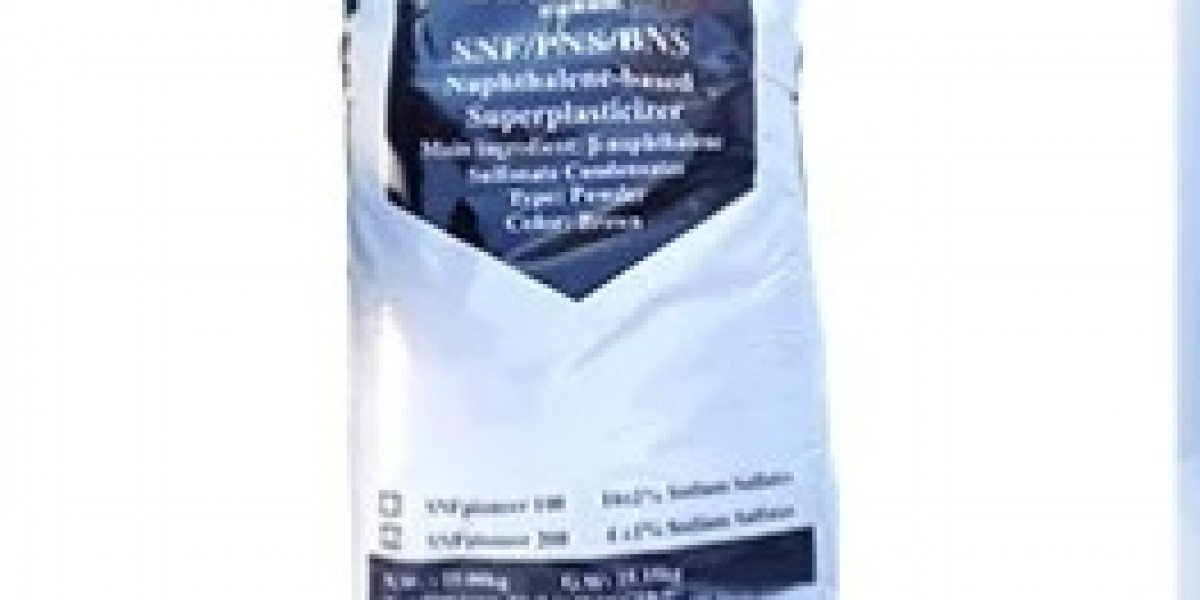Dry mortar, also known as dry-mix mortar, is a mixture of cement, sand, and additives that is pre-mixed at a plant and then transported to the construction site in bags or silos. It is gaining popularity in the construction industry due to its numerous advantages over traditional wet mortar. This article explores the various aspects of dry mortar, its production process, applications, benefits, and its impact on the construction industry.
The Production Process of Dry Mortar
Raw Materials: Dry mortar is primarily composed of cement, sand, and additives. The selection of raw materials plays a crucial role in determining the quality and performance of the final product.
Mixing Process: The raw materials are precisely weighed and mixed in adry mortarplant. The mixing process ensures uniform distribution of ingredients, resulting in consistent quality.
Packaging and Storage: Once mixed, the dry mortar is packaged in bags or stored in silos. Proper packaging and storage prevent moisture absorption and maintain the product's shelf life.
Applications of Dry Mortar
Masonry Mortar: Dry mortar is extensively used for bricklaying, blockwork, and stone masonry. Its high adhesive properties and excellent workability make it an ideal choice for these applications.
Plastering Mortar: Dry mortar is widely used for plastering walls and ceilings. It provides a smooth and durable finish, enhancing the aesthetics of the building.
Tile Adhesive: Dry mortar is commonly used as a tile adhesive due to its excellent bonding strength. It ensures long-lasting adhesion between tiles and the substrate.
Flooring Mortar: Dry mortar is used for leveling and repairing floors. It helps in achieving a flat and even surface, providing a solid foundation for various floor coverings.
Insulation Mortar: Dry mortar is employed for thermal insulation of buildings. It acts as a barrier against heat transfer, reducing energy consumption and enhancing comfort.
Advantages of Dry Mortar
Time Efficiency: Dry mortar eliminates the need for on-site mixing, reducing construction time significantly. It allows for faster completion of projects, meeting tight deadlines.
Cost Savings: The pre-mixed nature of dry mortar minimizes material wastage and labor costs. It also reduces the need for storage space and equipment, resulting in overall cost savings.
Consistent Quality: Dry mortar production in controlled environments ensures consistent quality throughout the project. This leads to improved structural integrity and longevity of the construction.
Ease of Use: Dry mortar requires only the addition of water at the construction site, making it user-friendly and convenient for workers. It eliminates the complexities associated with on-site mixing.
Enhanced Durability: Dry mortar's precise composition and controlled production process result in a durable and long-lasting construction. It exhibits excellent resistance to cracking, shrinkage, and weathering.
Impact on the Construction Industry
Sustainable Construction: Dry mortar promotes sustainable construction practices by reducing material wastage, energy consumption, and carbon emissions. It aligns with the global push for eco-friendly building solutions.
Increased Productivity: The time and cost savings offered by dry mortar enhance productivity in the construction industry. It allows for the execution of more projects within a given timeframe, boosting overall efficiency.
Technological Advancements: The production of dry mortar has witnessed significant technological advancements, leading to improved product performance and versatility. Innovations such as self-leveling mortars and rapid-setting mortars have expanded its applications.
Standardization: Dry mortar production follows strict quality control measures, ensuring standardized products. This standardization facilitates easier compliance with building codes and regulations.
Conclusion
Dry mortar has emerged as a game-changer in the construction industry, revolutionizing the way buildings are constructed. Its efficient production process, wide range of applications, and numerous benefits make it a preferred choice for builders and contractors. As the construction industry continues to evolve,dry mortarwill play a pivotal role in shaping sustainable, cost-effective, and durable structures.








